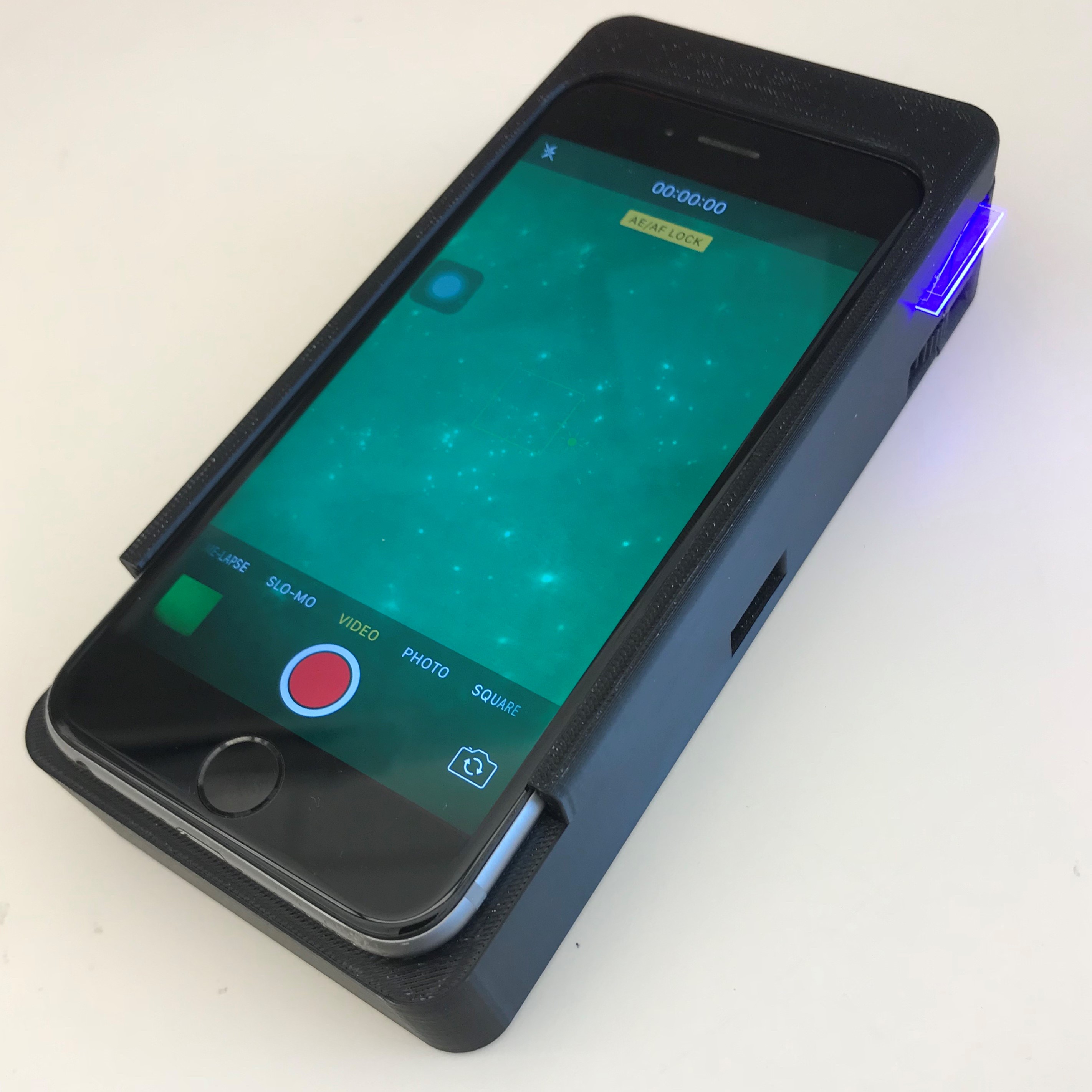Purdue researchers receive $1.14M grant to develop mobile HIV testing
While viral load suppression is critical to ensuring HIV infections do not progress to full-blown AIDS, only 30% of the 1.1 million people living with HIV in the U.S. have achieved viral suppression. Currently, HIV viral load monitoring must be performed in clinical laboratory settings with expensive equipment and expert laboratory technicians. The availability of an affordable, convenient, confidential, viral load self-test could improve HIV positive patients’ quality of life and treatment compliance.

The grant expands previous pioneering work by the researchers to develop a point-of-care diagnostic to detect pathogens, such as cholera, at the source. The current project will leverage the connected healthcare provided by mobile phone access and pair this with an approach to low-cost HIV quantification to develop an accurate, simple, and robust point-of-care self-test that expands access to HIV viral load self-testing to even the most remote settings.
The research will be conducted in parallel in Indiana and Kenya through AMPATH, the Academic Model Providing Access to Healthcare. AMPATH is a consortium of academic health institutions, including Purdue and the Indiana University School of Medicine (IUSM), that have joined together to partner with Kenya-based Moi Hospital and University to tackle the challenges of disease and poverty.
The first phase of the project entails expansion of the capabilities of the smartphone-based detection device previously designed for pathogen detection. The technology includes a diffusion-based biosensor that measures the motion of particles in the presence of a pathogen, such as HIV, and monitors the diffusion rate during isothermal amplification of the pathogen nucleic acids. As nucleic acid amplification occurs, the particle motion slows. The detection technology leveraging this phenomenon is 100 times more sensitive than fluorescence detection alone.
“We are taking the smartphone-based detection technology and making it quantitative. So, we can see not just whether somebody has HIV, but how much of the virus is in their blood,” said Linnes.
Usability and stakeholder assessments at Moi University and IUSM will evaluate whether the handheld platform and HIV test will be readily adopted by stakeholders. Ellen Gruenbaum, a professor of anthropology at Purdue, will analyze HIV self-testing interviews with patients and care providers. Ronald Tonui, a lecturer in Immunology at Moi University, will lead the stakeholder analysis in Kenya. The analysis will include questions such as privacy issues associated with a smartphone based platform, willingness of patients to perform a self-test, and reporting needs of remote care providers. Steven Wereley, professor of mechanical engineering at Purdue will consult on device design and the team’ commercial partner, OmniVis LLC, will evaluate market needs and manufacturability. The first phase of the project will result in a platform that is ready for clinical testing.
“Development of a highly-sensitive HIV self-test that meets the needs of both patients and clinicians will improve both patients’ quality of life and treatment compliance, thus improving clinical outcomes, reducing HIV complications, and ultimately resulting in healthcare cost savings,” said Linnes
Source: Jacqueline Linnes, jlinnes@purdue.edu
